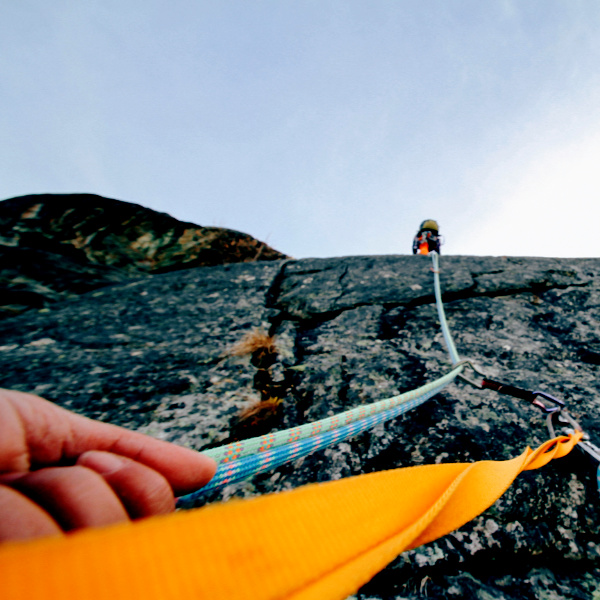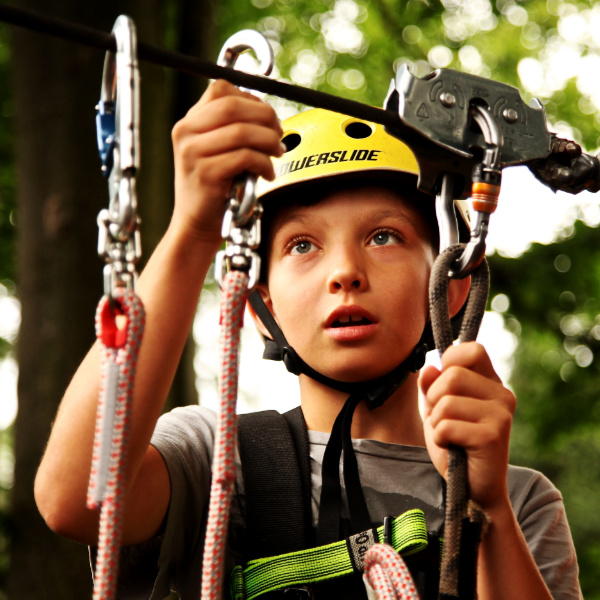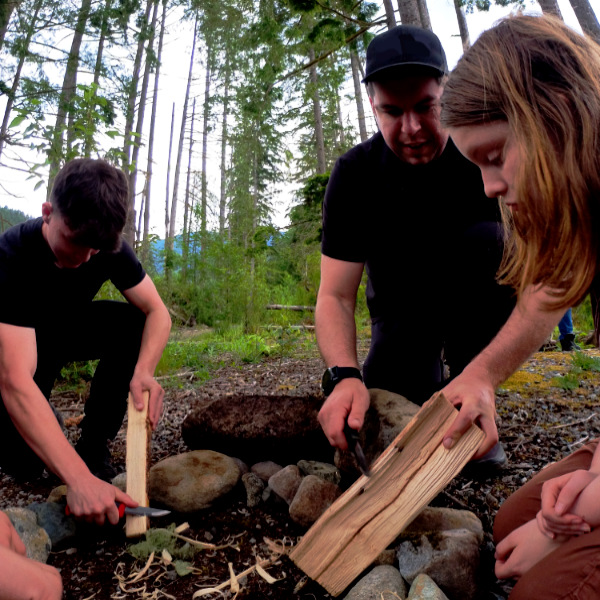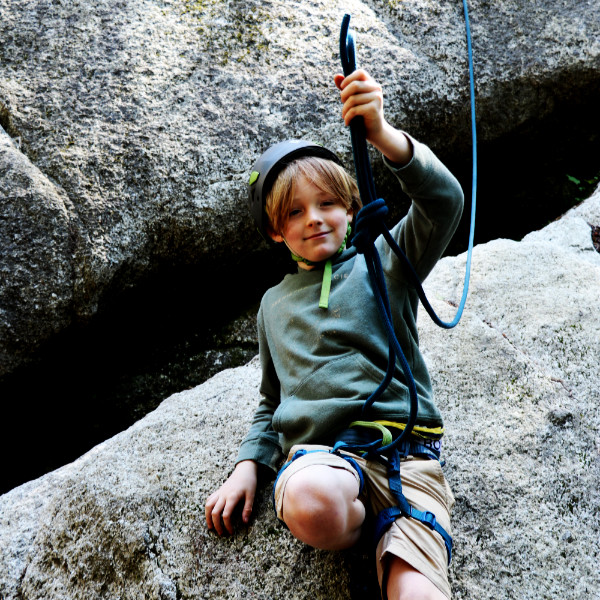Why Us?
Our non-profit organization is committed to helping student’s reach their highest potential through the use of Experiential Education.
What is Experiential Education?
Experiential Education in its simplest form is “learning by doing.” This teaching style uses hands-on experiences to engage learners, Careful reflection in the form of a debrief allows students to solidify knowledge, attain expertise, develop beliefs and grow as individuals.
Learning Cycle
Our learning cycle is based on Kolb’s Learning Cycle, which is the framework of all our programming. It includes Theory (abstract conceptualization), Planning (active experimentation), Activity (concrete experience) and Debrief (reflective observations).
Let’s use an example!
On a wilderness program we may discuss leadership (Theory), create a leading procedure (Planning), execute the plan (Activity) and then have a reflection over the campfire (Debrief). This cycle allows students to make connections from an experience with the Vancouver Outdoors Society to many life situations.
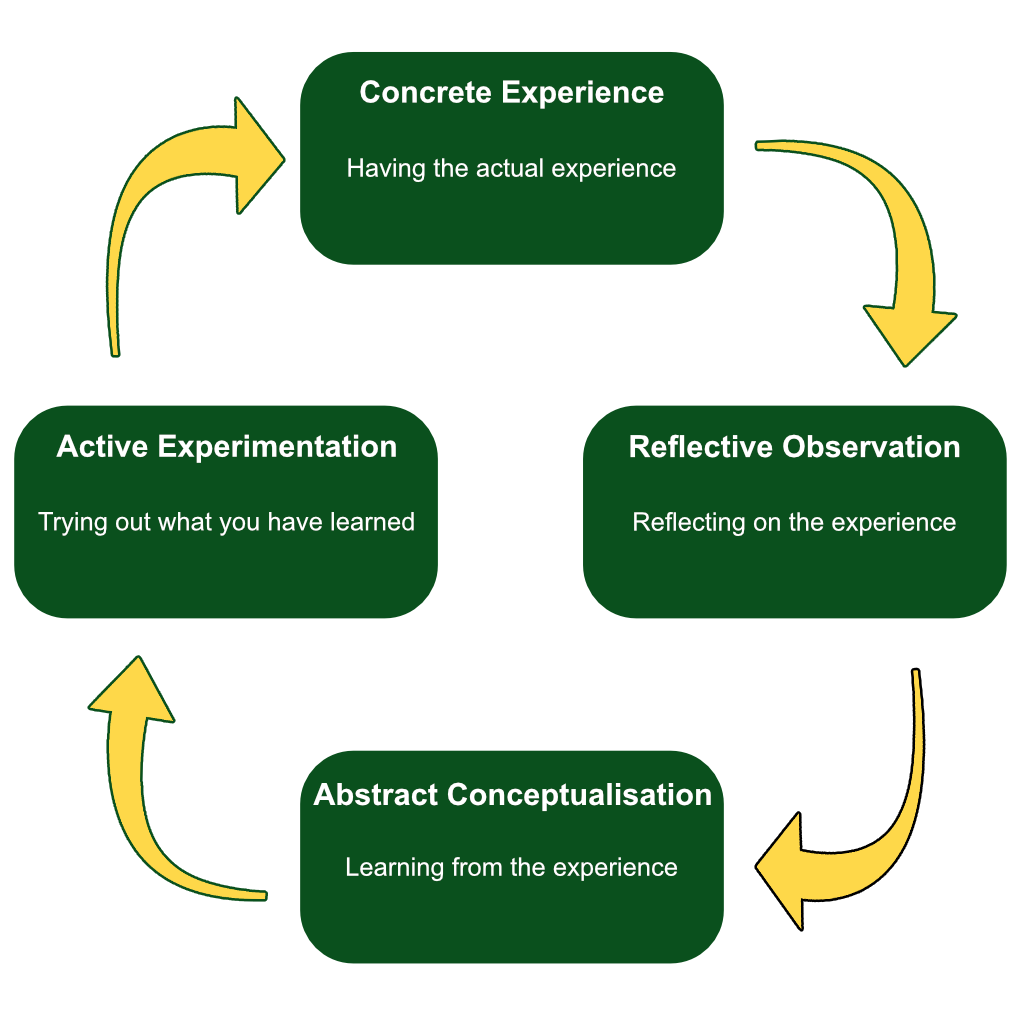
Our Values
Cultural Competence
In an increasingly globalized world, developing cultural competence is essential to understanding and communicating with different communities. Many of our programs have a focus on developing cultural competence. The best way to develop these skills is with a real life experience. We work with our local travel guides to teach students about other cultures within Canada.

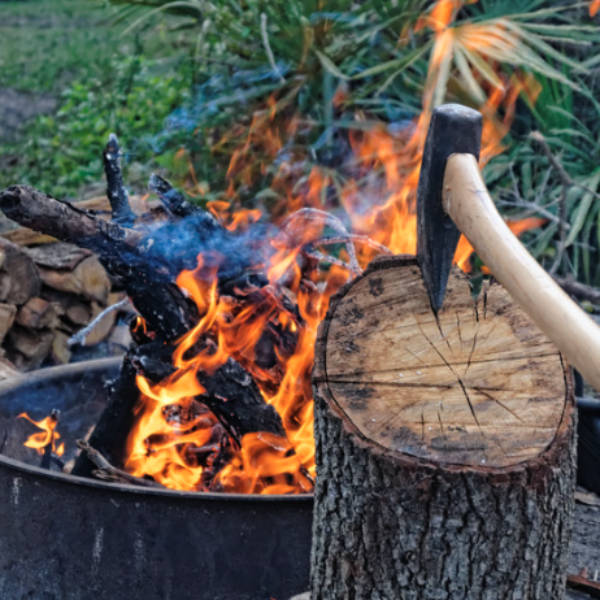
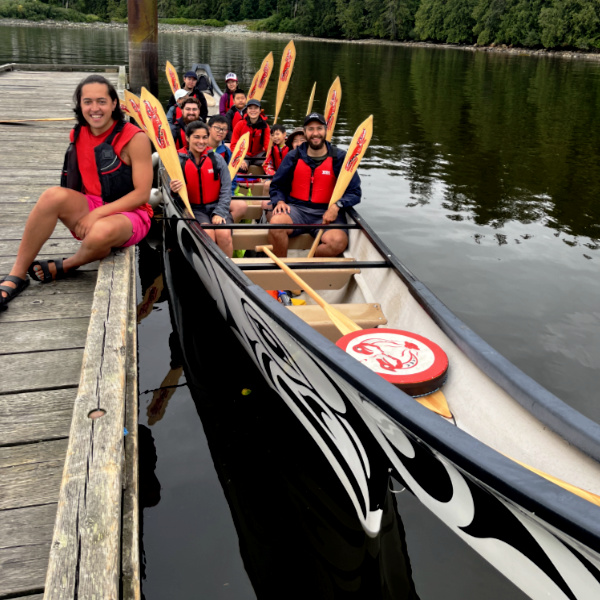
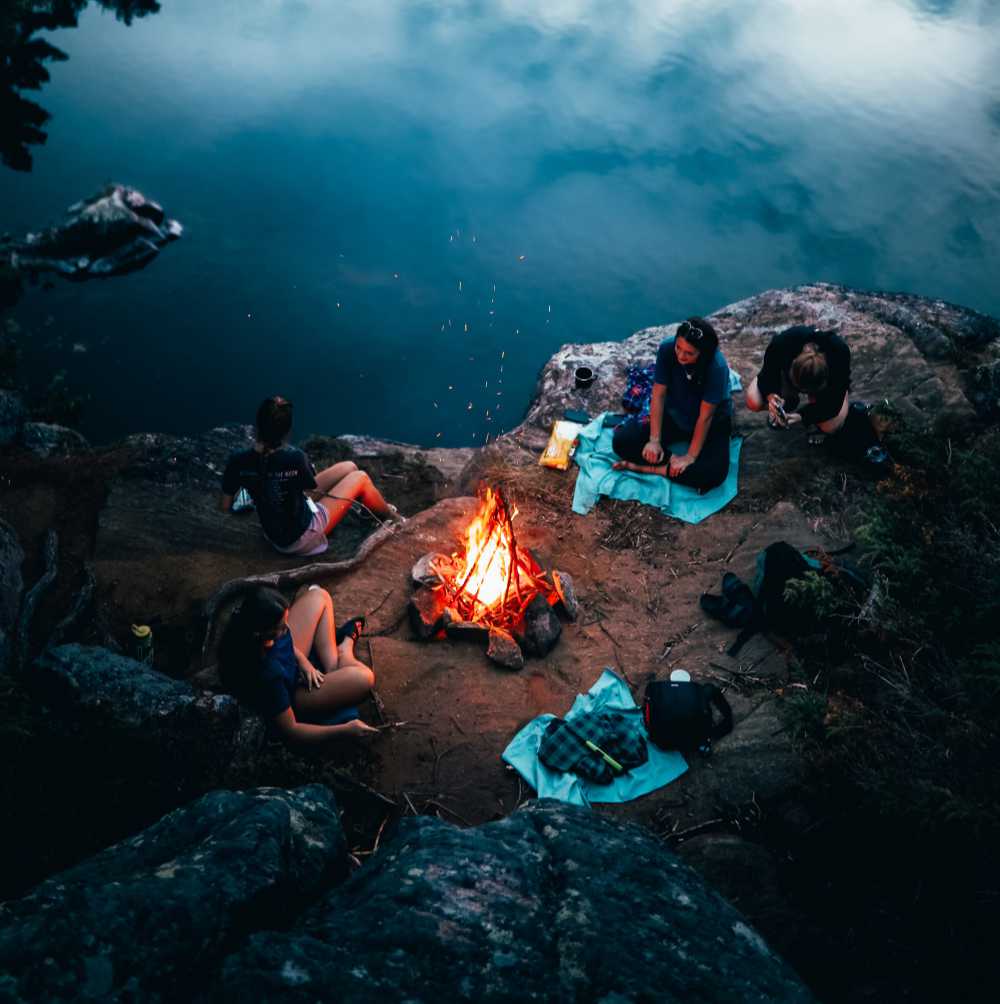
Service & Community
There is nothing more fulfilling than feeling that you’re a part of something. Think about some of the most important people and chapters in your life: family, friends, school, work, summer camp, sport teams, places of worship, trips, etc.
Being a member of a community is what makes these things so meaningful. Because what you get out of these experiences ultimately depends on what you put in. Service is one of the key ways to contribute to your community. We teach this valuable lesson by asking our students to reflect on what they contributed to the community on our multi-day programs or during a team-building initiative.
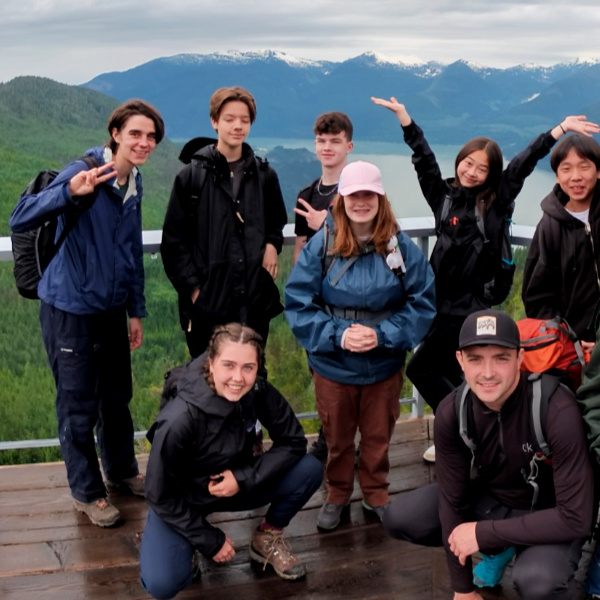
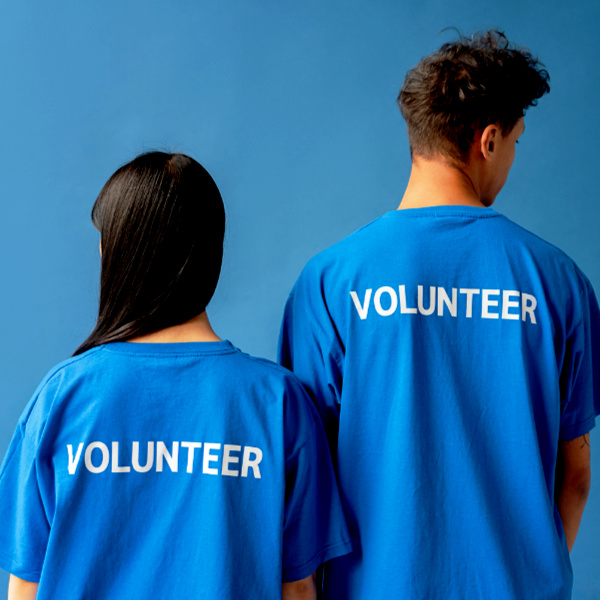
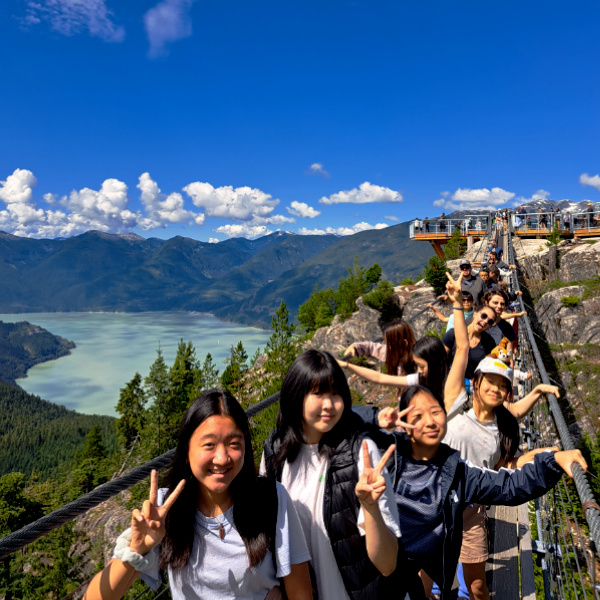
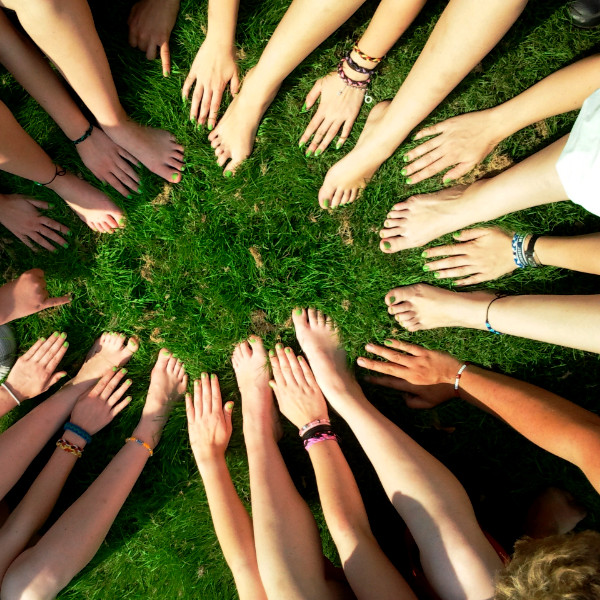
Leadership & Communication
Leadership and communication skills are fundamental to a successful life. You can be extremely intelligent but without the ability to lead, your knowledge can easily go to waste. Effective leadership and communication are concepts that are often overlooked in traditional education.
Our programs teach these essential skills in a practical way that makes sense to the students. Some examples include learning how to adapt your communication style depending on the situation, being put in a charge of leading your group through the wilderness or learning about teamwork in a team-building initiative.
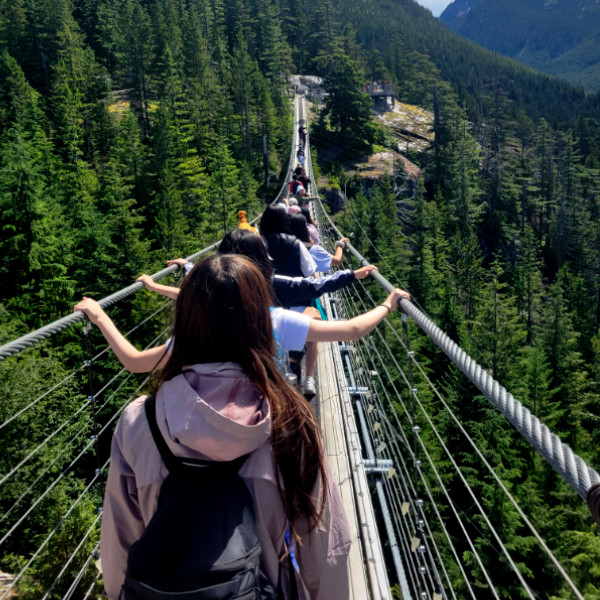
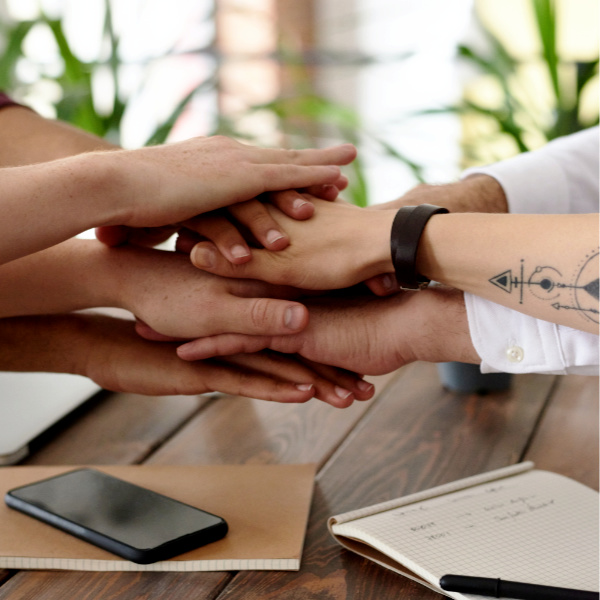
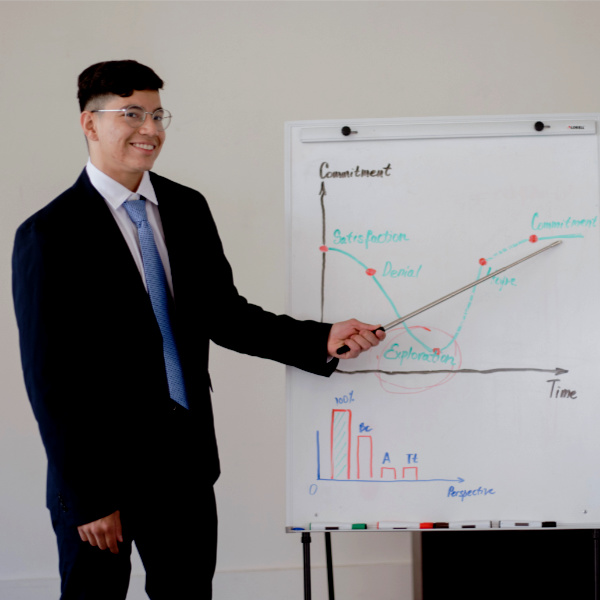
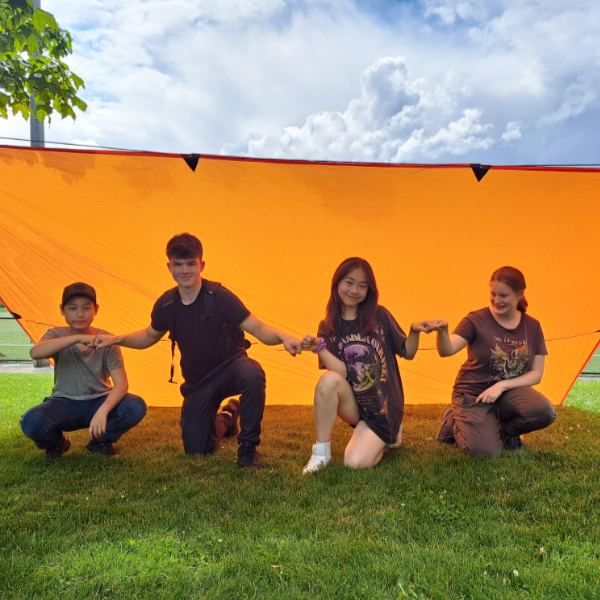
Environmental Awareness
Our outdoor-focused educational programs inspire people to care about the environment. Being out and interacting with nature is the best way to develop a relationship with our environment. Building this relationship gives us perspective on the ways we can interact with the world around us and how we affect it.
Our programs foster this in a variety of ways, including: Leave No Trace principles, plant identification, animal awareness, magic spots (an intentional period of time in a natural setting engaged with your senses), understanding of geological history and above all, nature immersion.
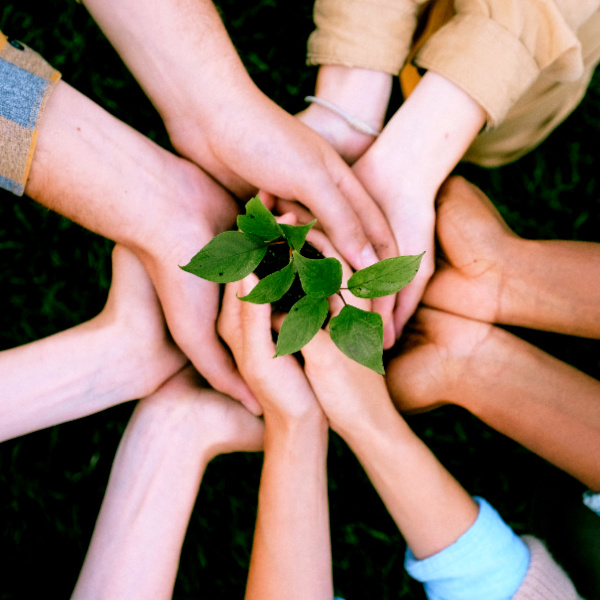
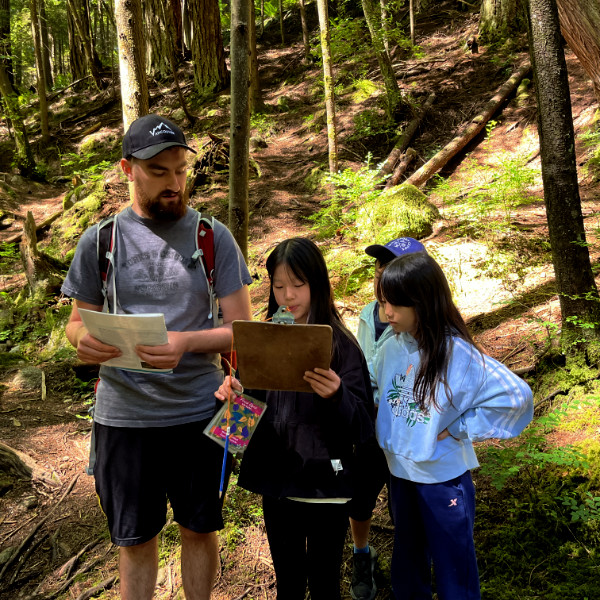
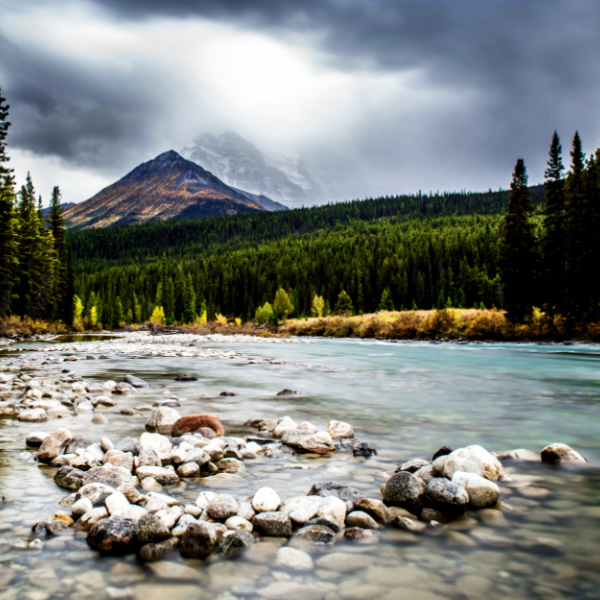
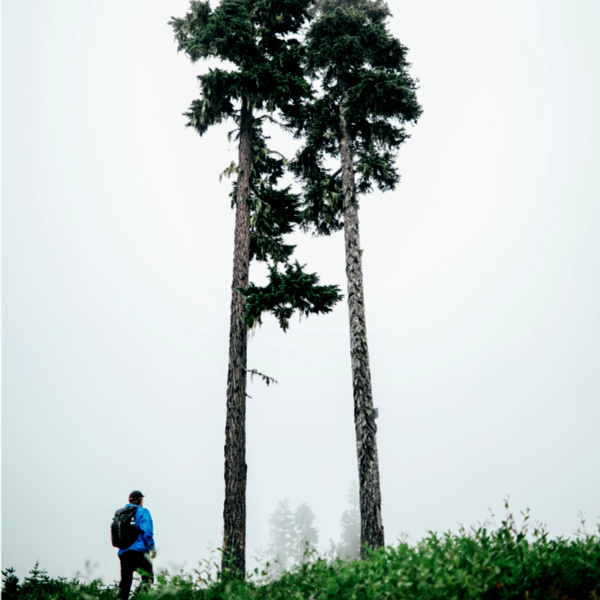
Physical Aptitude
Our goal at the Vancouver Outdoors Society is to empower and inspire students to cultivate a lifetime passion for physical outdoor activities. By learning different physical skills (from water rafting, kayaking, skiing and more), students will increase their overall fitness, coordination and spatial awareness. We aim to teach students how to manage risk in an outdoor environment so that they can continue to enjoy these activities even after they leave the Vancouver Outdoors Society’s education program.
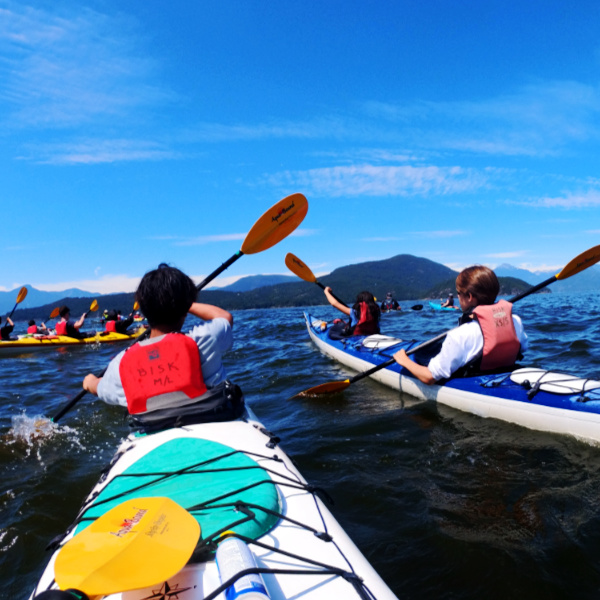
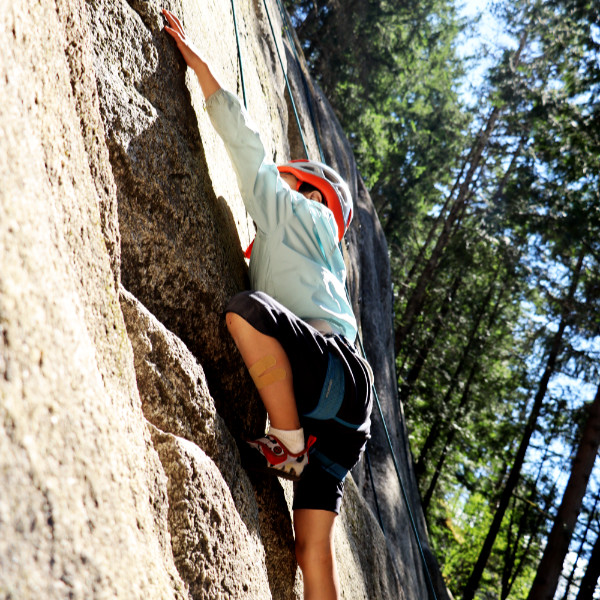
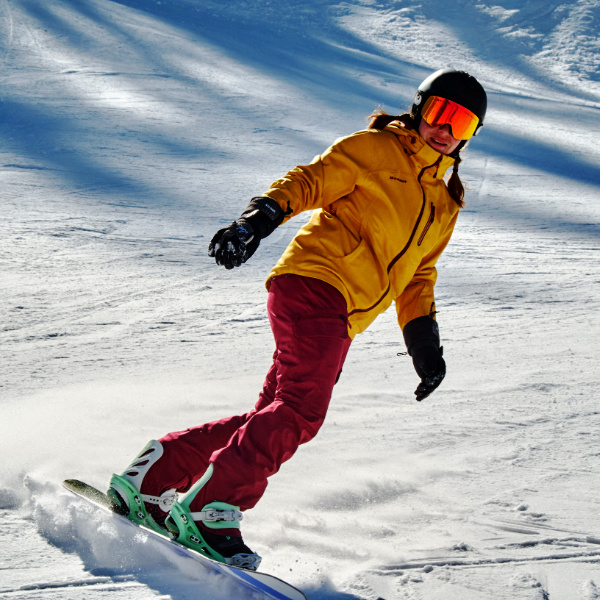
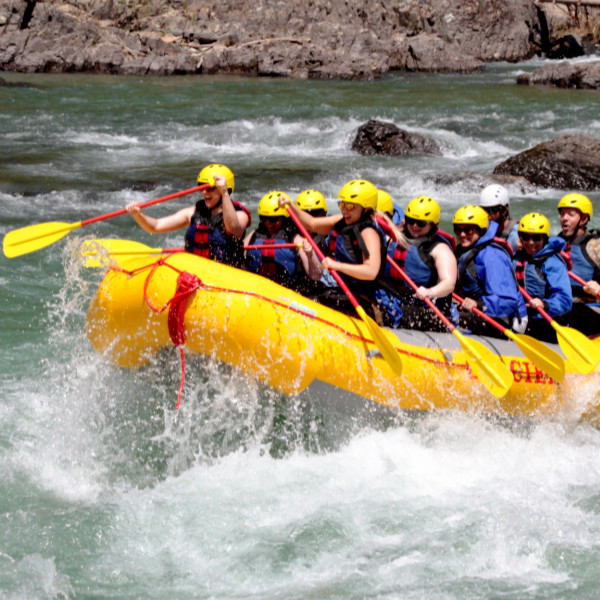
Risk Management
Safety Awareness and Risk Management is an essential part of having fun outdoors. All of our activities have inherent risks. At the Vancouver Outdoors Society, our experienced and qualified instructors mitigate risks by teaching students how to manage challenging situations. Whether using consistent systems to check while rock climbing or self-care on an expedition, our programs will prepare participants for the risks associated with outdoor activities and life in the wilderness.
